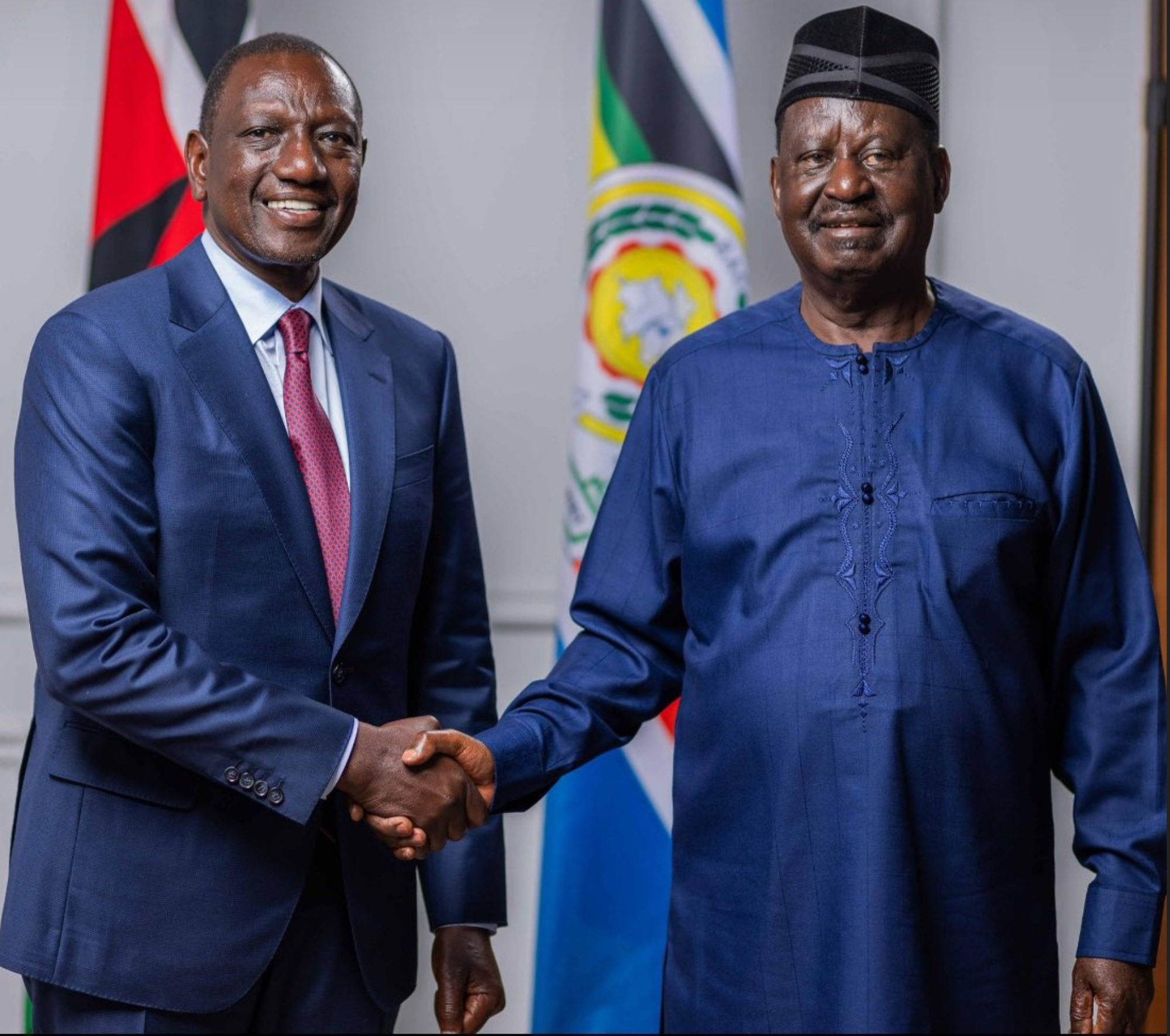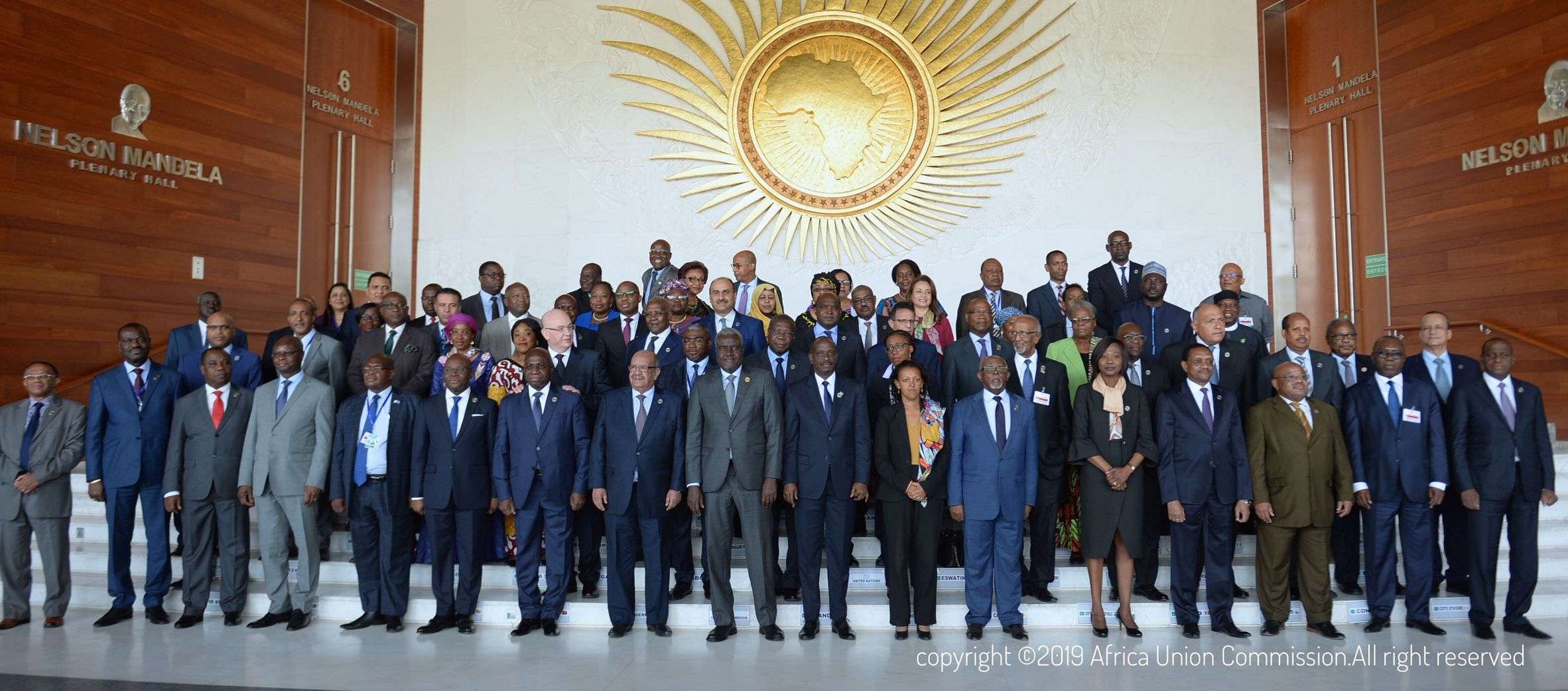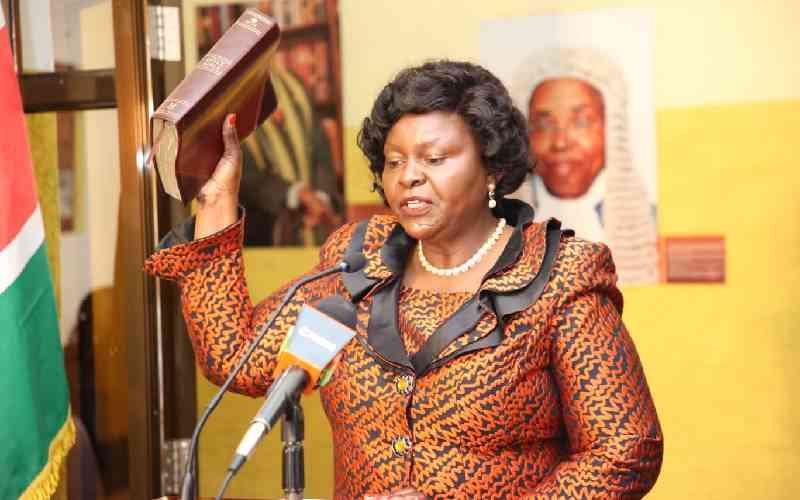By TWV Team
As Kenya inches closer to the 2027 general elections, political realignments are gaining momentum, and battle lines are being drawn. At the centre of these manoeuvres is President William Ruto, whose team is reportedly crafting a dual-pronged strategy to secure a second term in office. While the widely recognized ‘tyranny of numbers’ remains a pillar of his approach, analysts now point to an emerging concept that could prove decisive: the ‘tyranny of small numbers’.
In 2013, Uhuru Kenyatta and William Ruto captured power under the Jubilee Alliance by uniting the Kikuyu and Kalenjin communities. Their numerical dominance was encapsulated in the phrase ‘tyranny of numbers’, which has defined the political landscape in the country for nearly a decade. This ethnic coalition proved unbeatable in two successive elections, delivering significant electoral victories.
Now, as 2027 approaches, the political equation is shifting. With the opposition regrouping and aiming to either unseat President Ruto or constrain him to a single term, the president and his allies appear to be adopting a more nuanced playbook. Reports indicate that Ruto is supplementing his traditional reliance on large ethnic blocs with a fresh strategy: uniting smaller, strategically vital voting groups across Kenya to build a broader coalition.
Ruto is reportedly reaching out to communities including the Somali, Mijikenda, Maasai, and other minority groups, to form a mosaic of support. This coalition of ‘small’ voting groups, though modest in isolation, could collectively forge a powerful electoral edge.
One of the most critical components of this emerging strategy lies in voter registration. The incoming Independent Electoral and Boundaries Commission (IEBC) team is expected to scrap the current voter register and initiate an entirely new registration exercise. The current register is said to have contained inflated figures favouring certain regions, a grievance that, if not addressed transparently, could spark distrust in the electoral process.
Analysts argue that vote rigging in Kenya does not start at the ballot box; it begins at registration. The shaping of the new voter roll, therefore, will be closely watched as a potential point of manipulation, capable of giving an advantage to Ruto’s camp even before campaigns begin. The Elections Act 2024’s introduction of mobile voting units could further solidify Ruto’s electoral advantage.
These units are intended to bring electoral services to remote regions. However, some observers warn that they may disproportionately benefit Ruto’s base, facilitating higher turnout among traditionally hard-to-reach but loyal voters.
By deploying mobile voting units to strategic locations, the president’s camp could consolidate votes from sparsely populated areas that would otherwise see low participation. This is a subtle but effective execution of the ‘tyranny of small numbers’.
Another potent tool in Ruto’s arsenal may lie in the constitutional requirement to redefine electoral boundaries ahead of the 2027 polls. The IEBC has the power to create, merge, or scrap electoral units. This process, while legally mandated, offers opportunities for strategic manipulation.
There are growing concerns that new units may be created in Ruto-leaning areas, while opposition strongholds might suffer from mergers or outright elimination of constituencies. This reconfiguration could significantly impact the distribution of parliamentary and county-level seats, shifting the electoral balance even if the popular vote remains closely contested.
What emerges from this strategic calculus is a broader ambition: to not only win the presidency but also dominate county and national legislative positions. By securing more Members of County Assemblies (MCAs), Women Representatives, Governors, Senators, and Members of Parliament through strategic micro-level tactics, Ruto could solidify his grip on power across the political spectrum.
The ‘tyranny of small numbers’ is not merely a catchy slogan; it is shaping up to be a sophisticated political strategy. As Ruto positions himself for the next elections, he appears to be relying less on sheer numerical muscle and more on strategic precision, building coalitions among minorities, redefining voting maps, and subtly reshaping electoral dynamics.
In a political environment where perception is as powerful as numbers, the real battle may no longer be about who commands the largest crowd, but who can make the smallest ones count.





